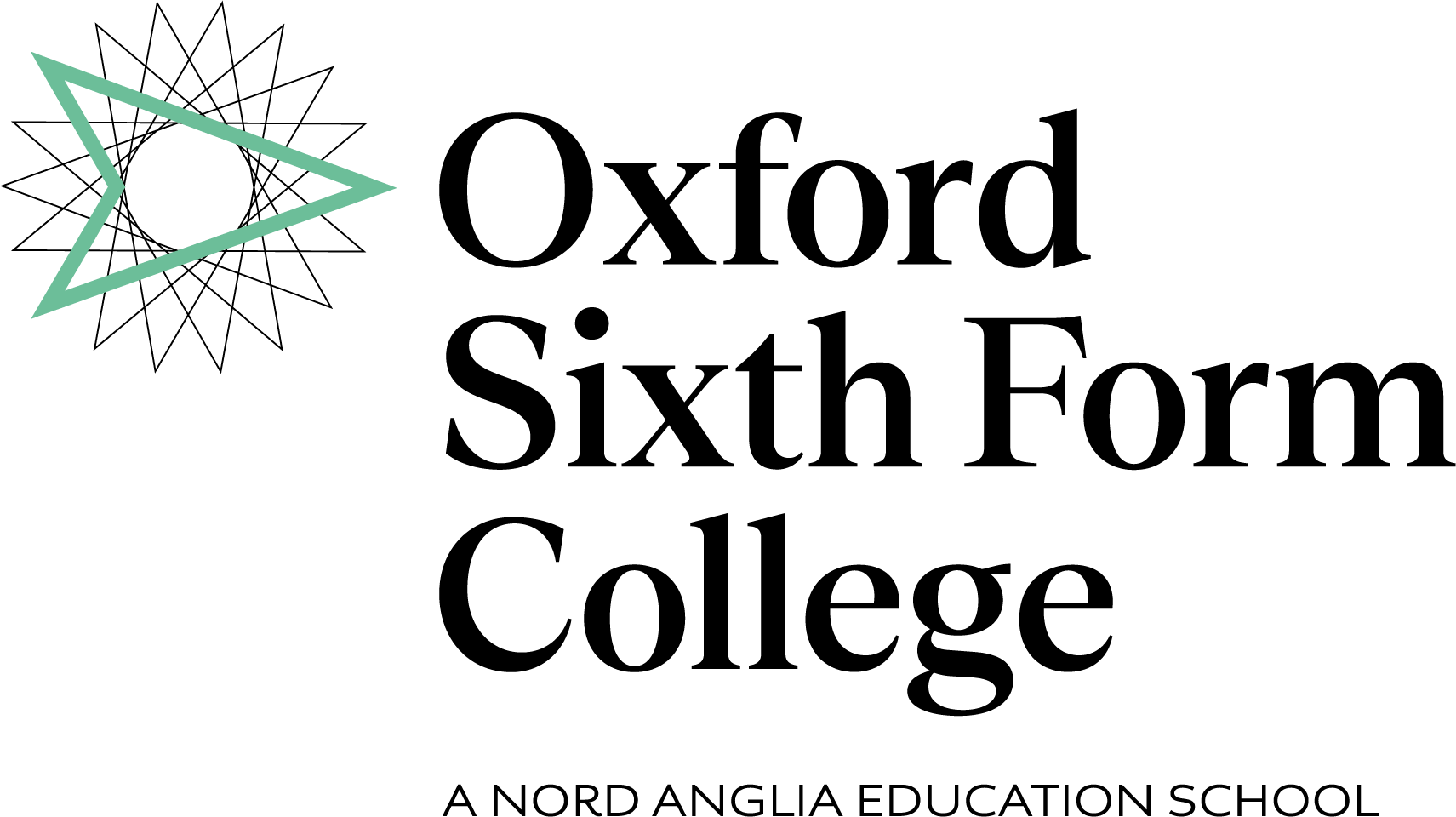
Film Studies
What Is Film Studies?
A little over a hundred years ago a number of pioneering scientists and photographers created the world’s first moving images. Little did they know that within a few short years their primitive, flickering experiments would evolve into a sophisticated form of visual communication and storytelling with universal appeal, and would become the basis for a global entertainment industry.
Films are not just about entertainment and money, however. Films offer a view on the world; they are artistic and cultural reflections of their time and place; they can inform and inspire, and offer insights into human experience comparable with the greatest works of literature and art.
Throughout this course, students will examine a range of films, from the silent era to the present day, and consider the ways in which image and sound have been used to create meaning, as well as explore the social and historical contexts of their production, and the cultural influence they continue to have in the 21st century.
They will be introduced to the contexts and concepts of filmmaking and how various film techniques are used to create meaning for audiences. They also develop a working knowledge and understanding of the micro-elements of film form: cinematography editing, sound, and performance.
Additionally, they will look at a variety of different critical approaches to film, including genre studies, representation, narrative, aesthetics, and spectatorship.
What will I Study?
OCR Film Studies is taught across a two-year A-Level programme.
In the first year, students will learn the elements of Film Form, which will be explored through a range of historic and contemporary film texts. They will then apply this knowledge through the study of several set film case studies selected by the exam board.
Towards the end of the first year, they will start to develop their personal production, building on their new knowledge and applying it in a practical way.
In the second year, students will learn various critical approaches to studying film, which they will explore through further historical and contemporary case studies. They will also be invited to experience the worlds beyond narrative film, such as documentary and avant-garde cinema.
The final term will be spent preparing for the two summer examinations.
How is A-Level Film Studies Assessed?
| Component | Marks | Duration | Weighting | insert text |
| Film history (01) | 105 | 2 hours | 35% | |
| Critical approaches to film (02)* | 105 | 2 hours | 35% | |
| Making a short film (03/04)* | 90 | – | 30% | Non-exam assessment |
What Do I Need to Study It?
There is no requirement for previous study. Students will be expected to have a keen interest in film and visual arts, as well as some critical ability. Since this is an essay-based humanities subject, grade 5 GCSE English – or equivalent – is essential.
What Should I Study With Film Studies?
Film Studies goes well with a broad range of subjects. Suitable subject choices might include: Photography, Graphic Communication, English Literature, Politics, Sociology and History.
What Can I do With A-Level Film Studies?
The analytical skills developed throughout the course are not limited to Film Studies alone and would offer appropriate grounding for a wide range of degree-level humanities courses. In addition to this, the creative component would provide portfolio material for practical art or creative writing programmes.
Combine with
Accreditations



